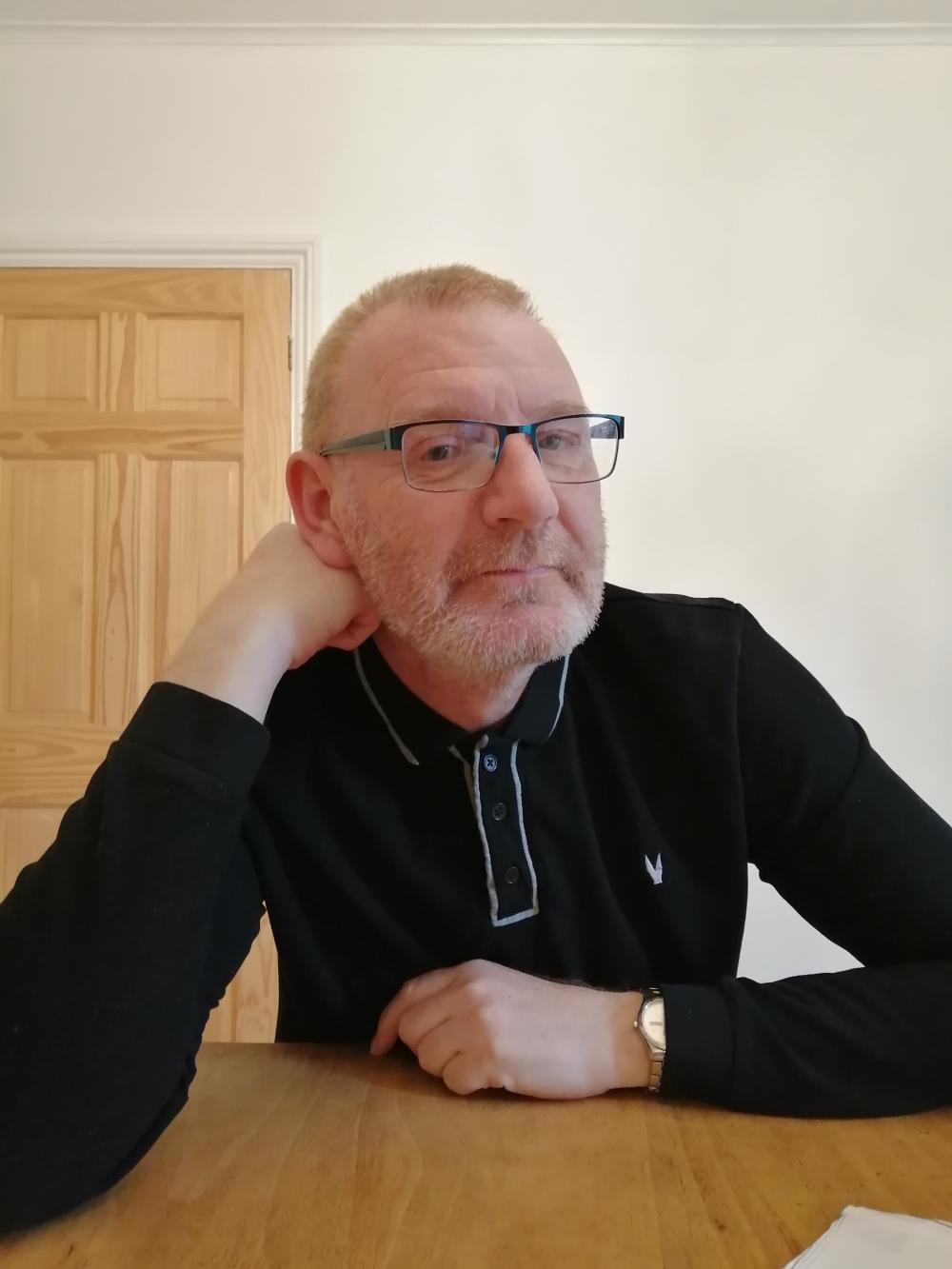You’re now an Education Inclusion officer. Can you tell me a bit about the role?
Primarily, an EIO works with schools and families in relation to school attendance, to help prevent exclusions and to ensure that schools are doing everything they can to engage disaffected young people in learning. To do this, we work with a range of parents/carers, young people and schools to improve inclusion in the formal and statutory education system. Several key strands are found within Education Inclusion:
Children Missing from Education (CME) – school don’t know where the child is, or the child can’t be located. A dedicated CME Officer is able to make all necessary enquiries to try and locate the young person in the UK or abroad.
Prosecution and Attendance – children not attending or refusing to attend school for what appears to be, no justifiable or legitimate reason. I often struggle with this part of the job. Issuing a Fixed Penalty Notice (financial penalty against the parent/carer) does not necessarily consider some family issues that might have led to the absence. Taking the time to listen and have a little bit of patience sometimes works in being able to understand the problems and address the underlying causes of non-attendance.
Elective Home Education (EHE) – keeping children in school is considered the preferred option, but legally, a child can be withdrawn from school and educated ‘at home.’ Some parents/carers, for whatever reason, will apply to formally home educate. As part of the Inclusion Team, we request information from parents on what is being provided educationally for the child. Parents do not have to follow the national curriculum, nor are they required to follow the same times or terms as school. Our ability to check on the child’s educational progress is limited. If we discover that a child is not receiving the education or that the education received is inadequate, we can legally instruct the family to return the child to school.
Inclusion - this is the strand that I am most familiar with and deals with everything else not covered by other strands. We deal with Fixed Term Exclusions, Permanent Exclusions and any attendance issues that do not necessarily lead to a fines or prosecutions. We take referrals from schools and parents/carers alike and respond to families where they believe their child is not receiving the right support in school. The role is much more involved and very diverse in terms of the issues presented. This often requires officers to be a lot more thoughtful and at times creative.
Without A School Place (WASP) Occasionally, we come across young people who are without a school place. In this situation, we need to consider what the child and family would like, what is best for the child and what provisions are available. We still need to remember that all children of statutory school age are entitled to a full-time education. Difficulties arise when attempting to place a young person within a setting that will not work for the child. This is rare but for one of my current WASP individuals, the expectation was that he attended a Pupil Referral Unit. Following a discussion with the young man and his parent this would not serve him well. I argued for him to be given 10 hours of tuition per week with a home tutor instead. I am so pleased that this individual is currently thriving.



